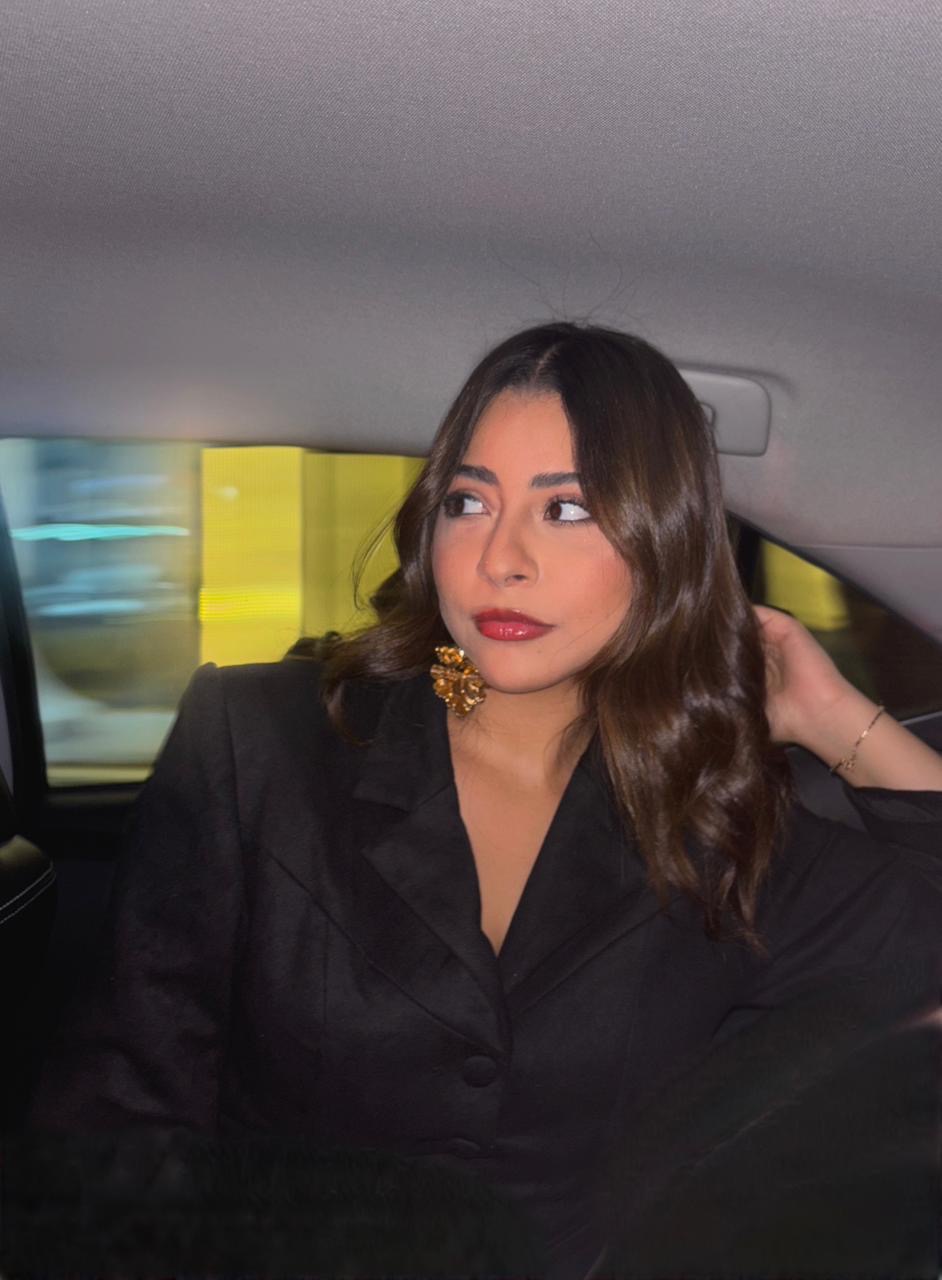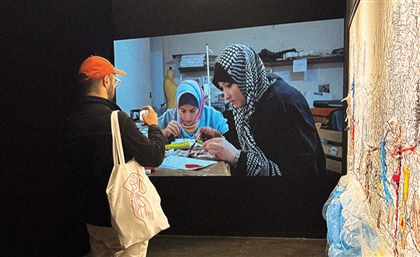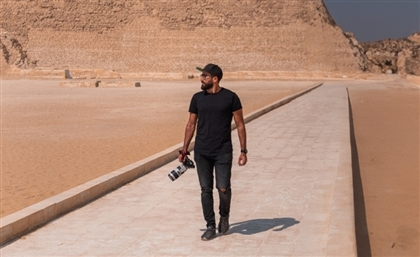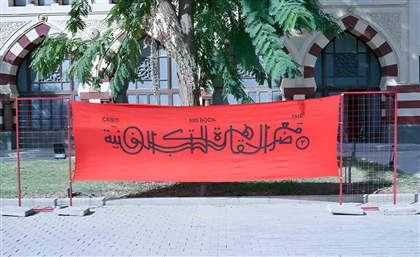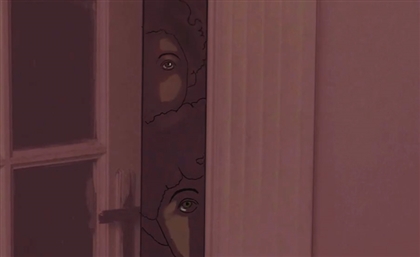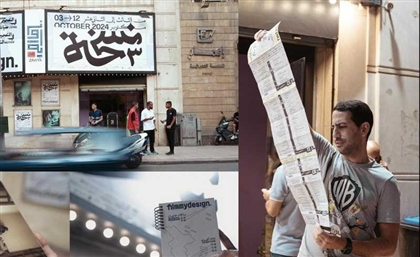This Gazan Kitchen's Workshops Bring the Love of Maqluba to Cairo
For Haneen Farahat, a 31-year-old displaced Palestinian now living in Cairo, Maqluba is a memory etched in the sharp clarity of loss.
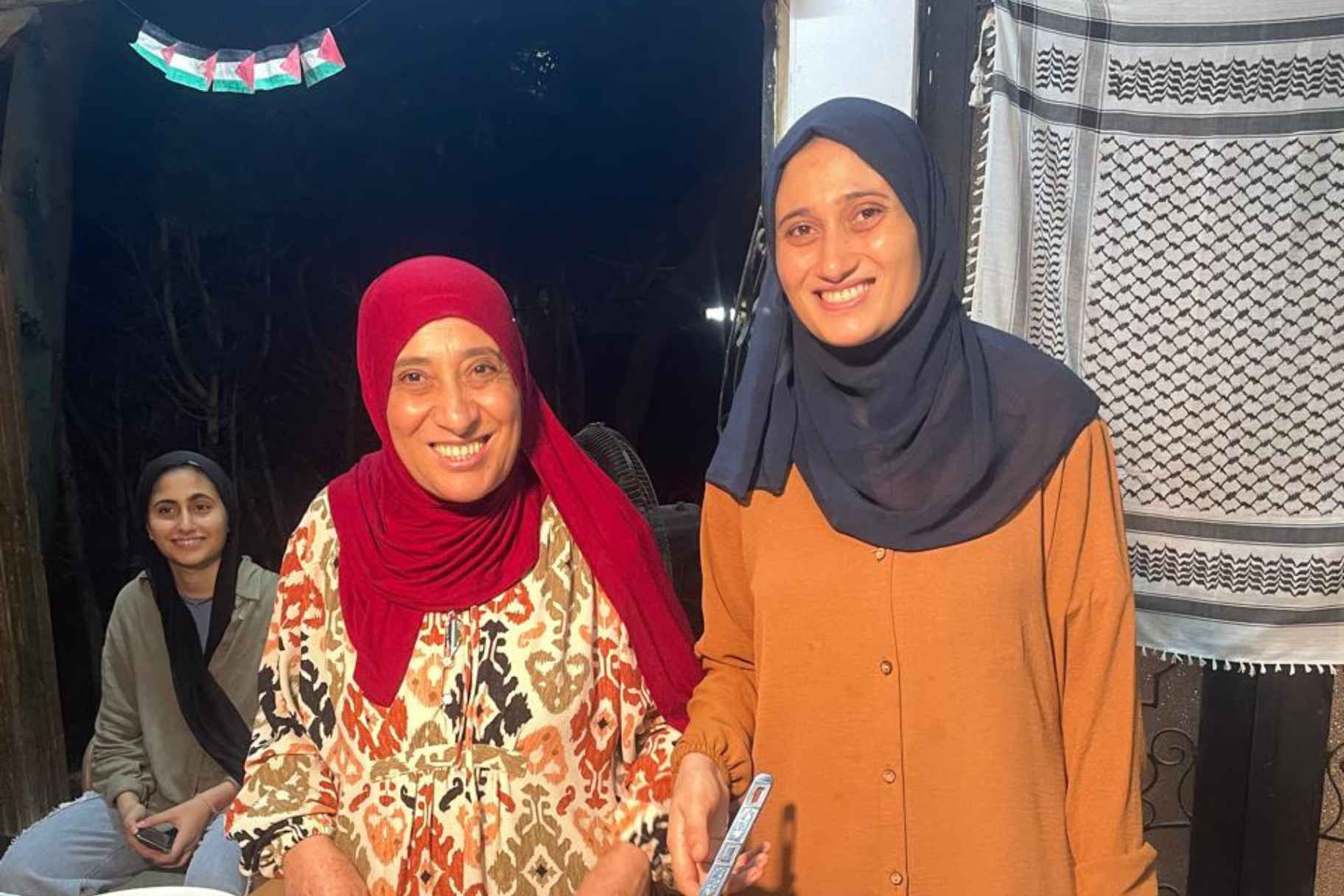
On Fridays in Gaza, families gather by the sea. They bring their blankets, their pots, and their shared rituals. ‘Maqluba’, the centerpiece of these gatherings, is unveiled with care - an upside-down pot coaxed into spilling its contents of golden rice, tender meat, and roasted vegetables.
For Haneen Farahat, a 31-year-old displaced Palestinian now living in Cairo, this ritual is a memory etched in the sharp clarity of loss. She crossed the Rafah border on March 9, 2024, accompanied by her husband, uncle, and brother. Their possessions were few, but their heritage was heavy. By June, she had turned that heritage into Haneen’s Kitchen, an initiative where Palestinian cooking is taught and preserved.
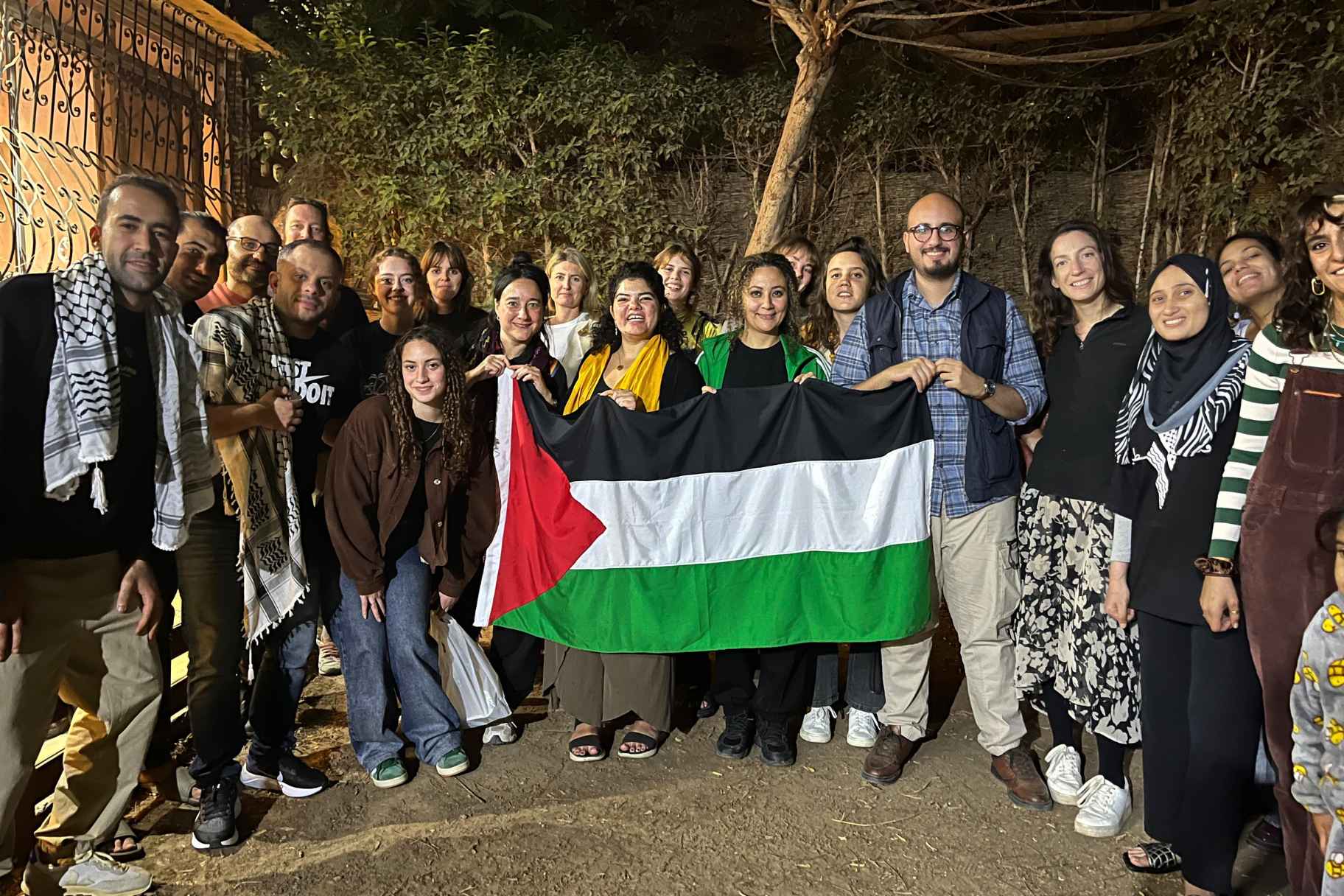
In Gaza, Farahat had been an Arabic schoolteacher, her days structured by the rhythms of a classroom. In Cairo, her role shifted, as necessity forced her to adapt. What began as a single cooking workshop in Maadi grew into something larger - first a way to sustain her family, then a conduit for connection in a city that could feel cold and isolating.
Haneen began cautiously, buying ingredients only after workshop requests came in. It was a pragmatic decision,but over time, the demand grew. “Now we have enough to keep going,” she tells SceneEats.
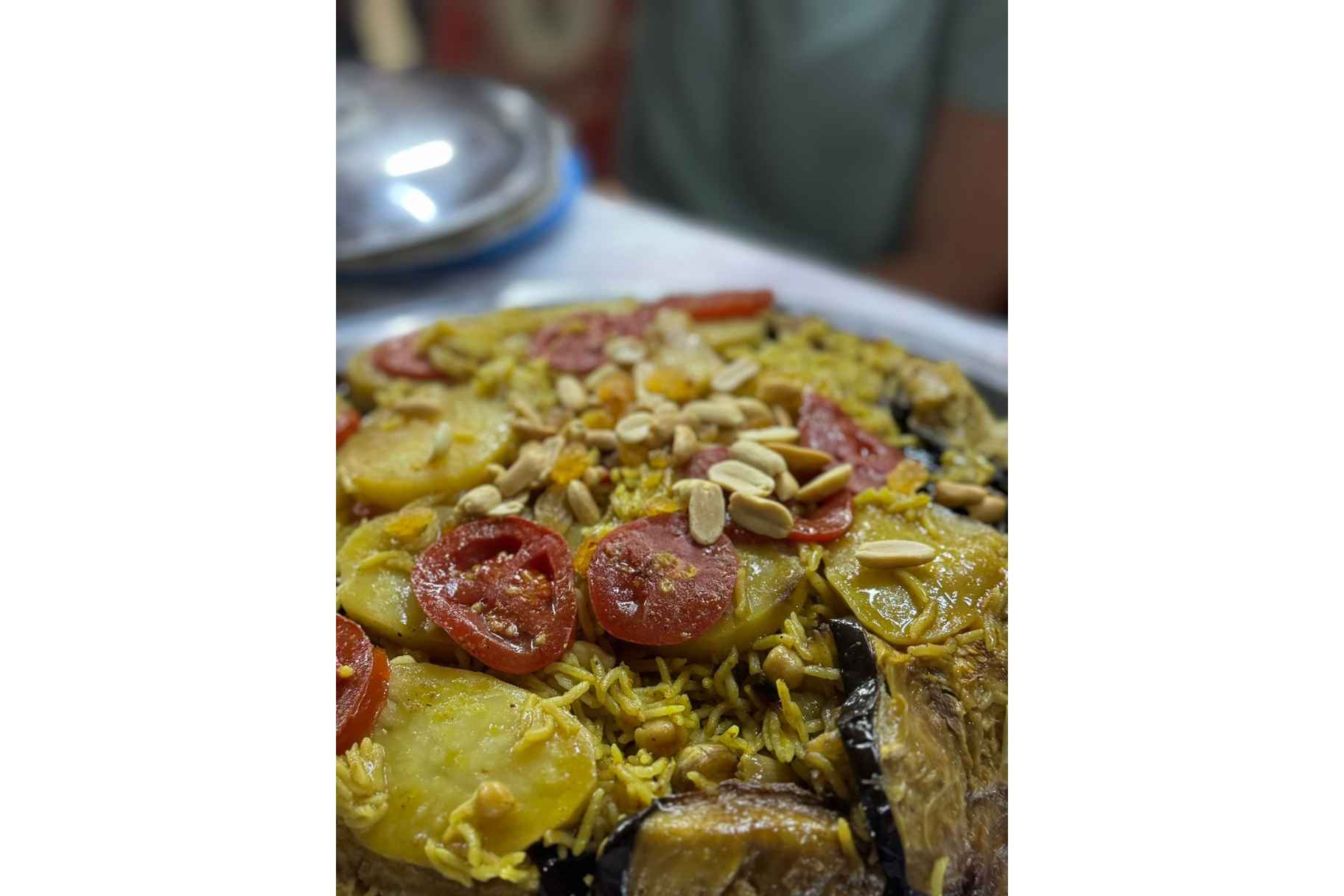
The workshops are hands-on and rooted in tradition. Over three hours, participants learn to prepare dishes like ‘Maqluba’, ‘Musakhan’, and ‘Maftoul’. Of all the dishes, ‘Maqluba’ resonates most deeply with her students. “People love it,” she says simply. “It’s not just a dish; it’s a symbol.” Beyond the kitchen, the workshops become spaces for dialogue, for connection. “People linger after the cooking is done,” Haneen adds. “They talk about Palestine. Sometimes they dance dabke.”
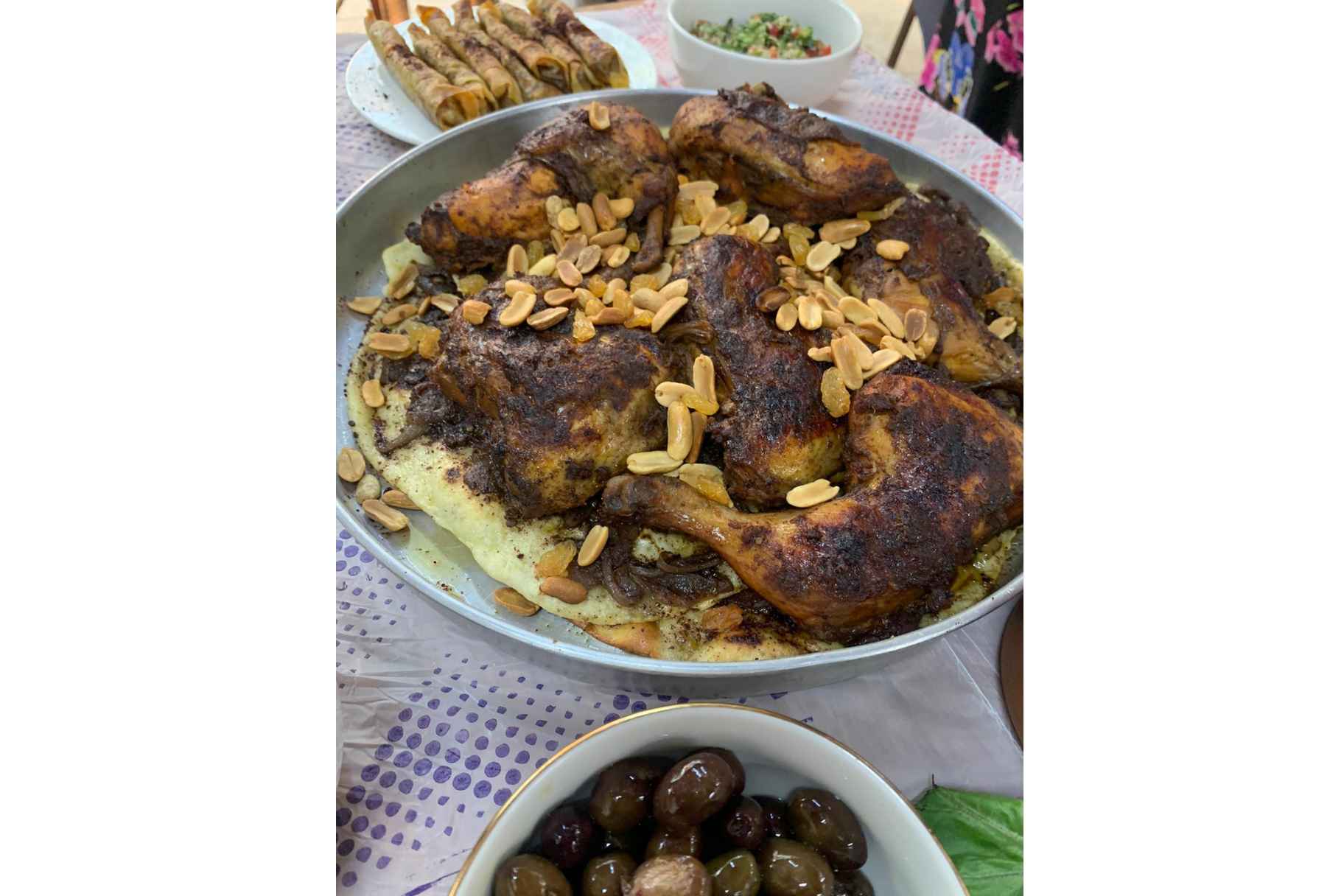
Farahat’s ambitions stretch beyond these workshops. She dreams of opening a Palestinian restaurant in Cairo and, one day, in Gaza. “I want people to keep sharing and talking about our stories,” she says. “Food is among the many ways we remember. Olive oil, zaatar, sumac - they’re more than flavors. They are pieces of our past, carried forward; even these simple ingredients witnessed attempts of erasure and remained as connected to the land as we did.”
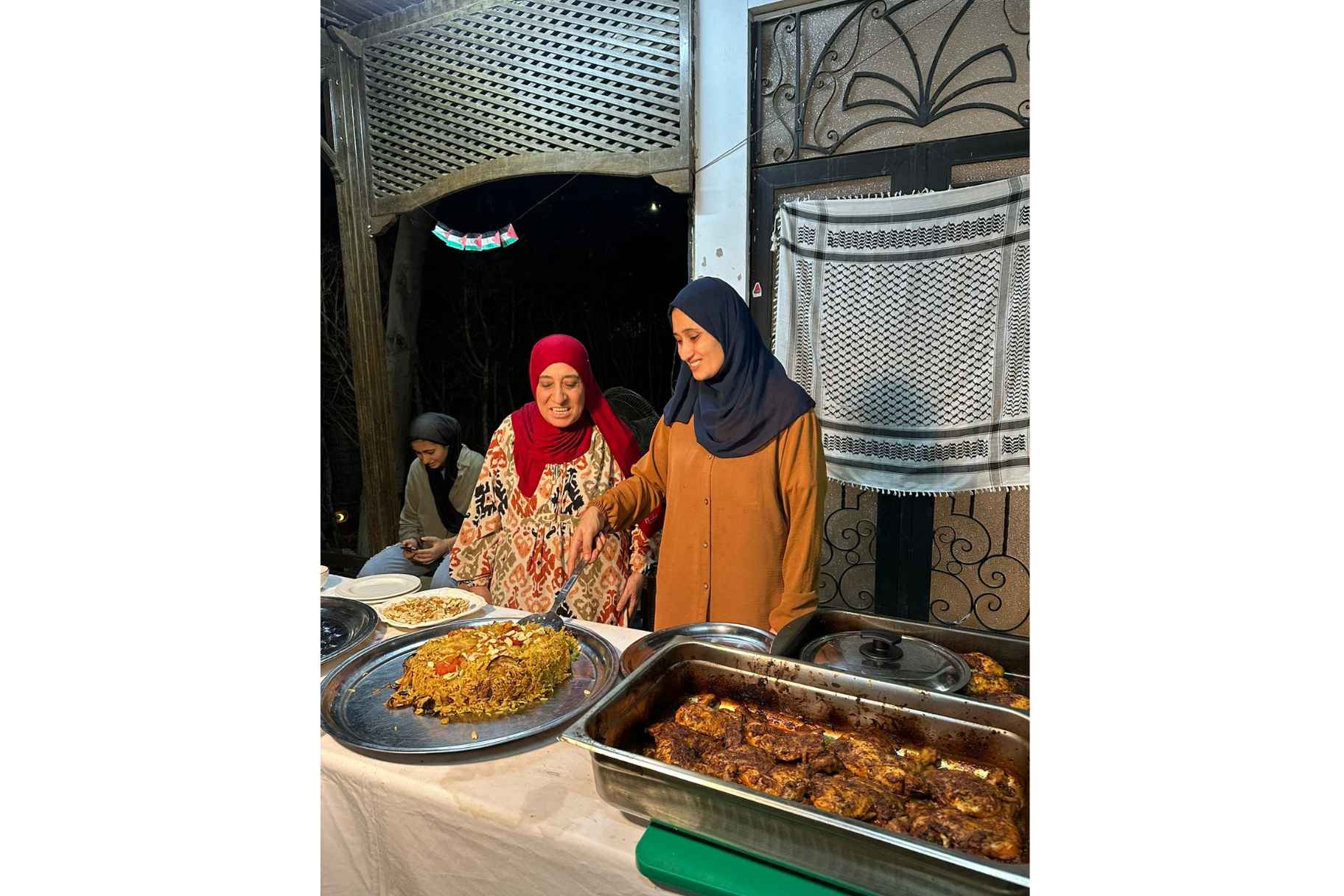
Haneen’s Kitchen began as a necessity, a way to make ends meet, but it quickly became a means of anchoring her heritage. In Cairo, her workshops are a gathering of people and stories, each meal a small act of connection, cultivating a community that better understands land she will always call home.
- Previous Article Saint Levant to host Pre-Release Album Listening Party Feb 8th
- Next Article Six Unexpected Natural Wonders to Explore in Egypt







